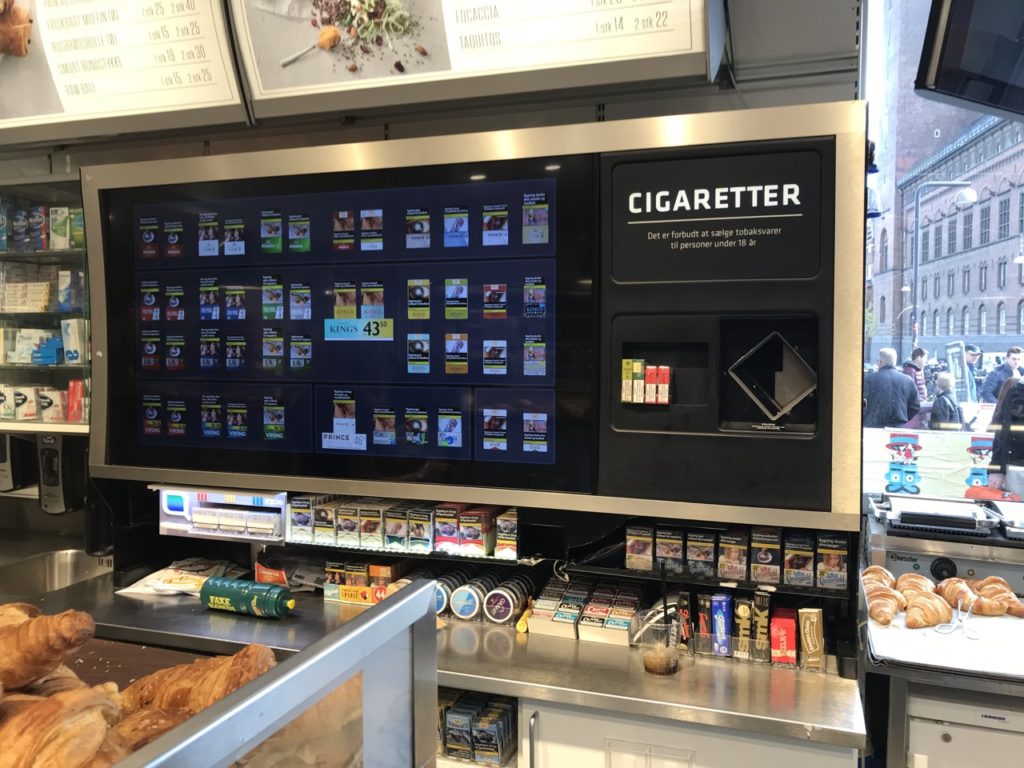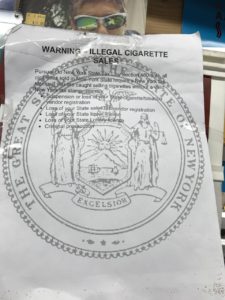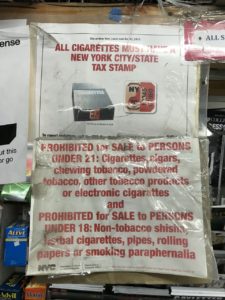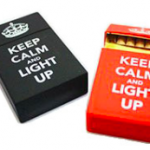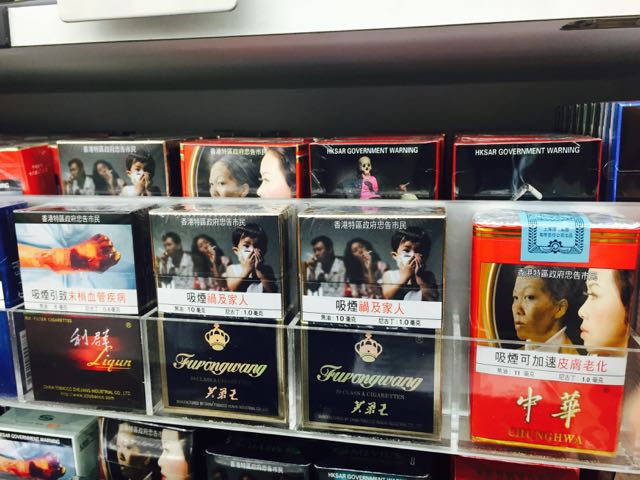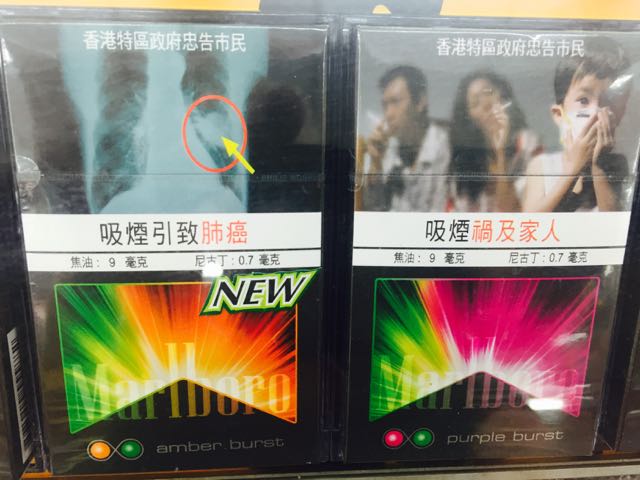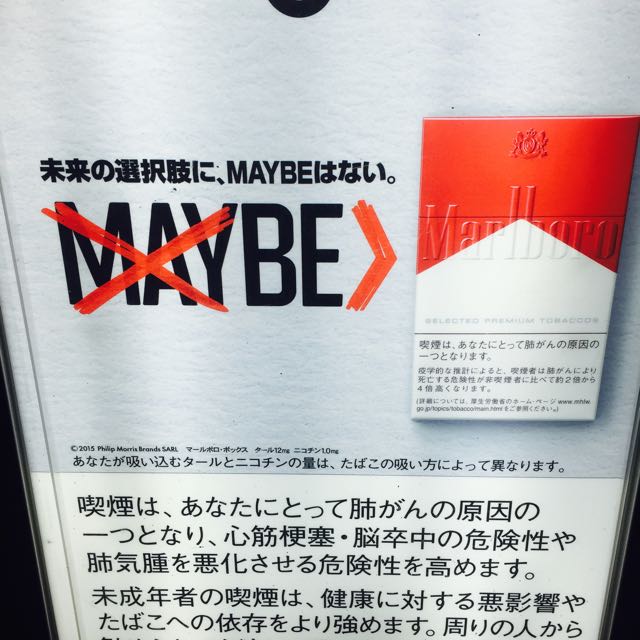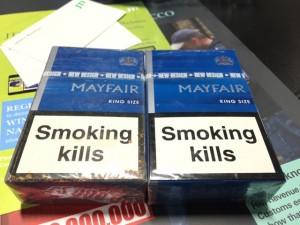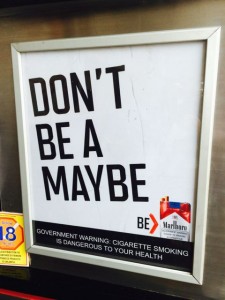In the October – December 2014 newsagency sales benchmark study, the findings from which will be released tomorrow, the number of newsagents selling cigarettes has declined. 38% of the 169 newsagency businesses in the study do not sell cigarettes. This is up from 29% in the same study a year earlier.
Put another way, the results of the latest newsagency sales benchmark study reveal that 30% of the newsagencies have quit cigarettes over the last year. I doubt this is reflective of the whole channel as many (but not all) newsagents who participate in the benchmark study are either transforming their businesses or preparing to.
There are several factors playing into this move by newsagents: concern about public health, falling sales, tougher competition and better margin elsewhere.
A consequence of the regulation of tobacco products is that supermarkets tend to do it better. They have a big service counter at the entrance – a cigarette counter I’d call it. The size is such that it promotes it better than your average newsagency business can behind or under the counter. Cigarettes at a supermarket are more noticeable than in a newsagency.
The focus on health through retail changes, packaging changes and intensified health warnings provide for little or no upside in from a pure retail sales perspective. If there is no upside in a product and no mechanism through which a retailer can engage to drive sales then it is time to consider quitting.
I have seen newsagencies recently remove their cigarette cupboards from behind the counter and replace them with a new display space for gifts or other higher margin lines and report a better return on lease space as a result. As more newsagents share stories about such transformation more will follow.
From my benchmark study and accompanying basket analysis I have developed a couple of benchmark data points for my discussions with newsagents. Cigarettes sales of under $2,000 a week warrant careful consideration. An inefficiency rating of 50% or more – the percentage of times when cigarettes are purchased and nothing else – ought to intensify focus.
Whether to sell cigarettes or not is a personal choice newsagents get to make for themselves. My advice is to be guided by your own business performance data, layer this with a realistic assessment of competition and then consider the opportunity of the freed space. Whatever you do, you must do it competitively and in ways which financially benefits the business from a growth, return on investment and return on floorspace perspectives.
I stopped selling cigarettes in my newsagency in 1998. Our sales then were around $1,500 a week. 65% of sales were inefficient – cigarettes and nothing else and of the remaining 35%, the majority companion products were newspapers. Our stock holding was $3,500, labour cost each week around two hours and shrinkage running at 2%. The numbers were not working so we quit. It did not affect newspaper sales or any other sales. Indeed, the space we saved was put to better use which generated a better return.
